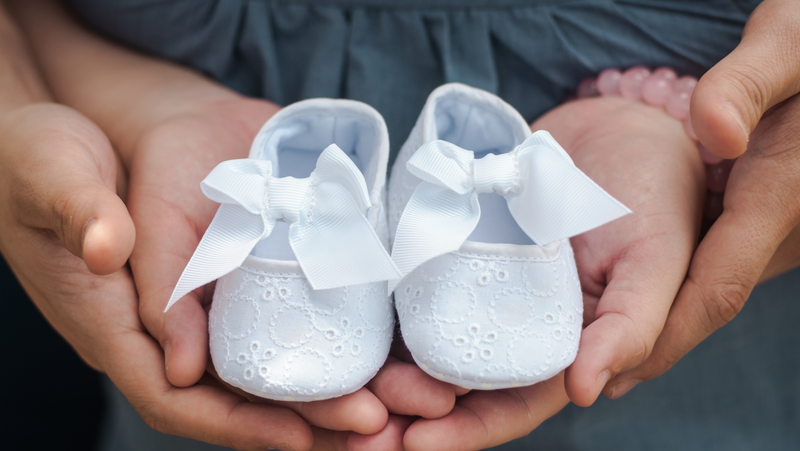Written by: Bentley, Doula
Many people have probably heard the statistic that up to 25% of pregnancies end in miscarriage, defined as a pregnancy lost within the first twenty weeks of gestation [1]. There is speculation that this number might even be an underestimate. Despite the increased acknowledgment of how common miscarriage is, we live in a society that still views pregnancy loss as a rather taboo or stigmatized experience. Because of this general lack of understanding, many people who desire to emotionally support a bereaved parent may end up doing more harm than good. Experiencing pregnancy loss can result in a profound identity shift, and having a solid support network that offers quality support is crucial to processing this unique type of grief.
Experiences of loss vary widely, but even the World Health Organization has said that miscarriage and stillbirth are stigmatized worldwide [2]. One example of the stigmatized nature of loss is our culture’s first-trimester “rule.” Many people do not share the news of a pregnancy until they are out of the first trimester.
Have you ever pondered why and what this says about our culture? For those who experience pregnancy loss in the first trimester, some people in their support network are only learning about the pregnancy as they are simultaneously learning about their loss. A study where women who experienced miscarriage were interviewed found that these women “felt it was important to tell friends and family of pregnancies in the first trimester as a way of reducing the stigma and secrecy surrounding miscarriage.” Many of these women also said they wished they had told family and friends about their pregnancy earlier, so they would have had more support in the event of a miscarriage and felt less of a need to grieve in silence [3].
IDENTITY FRACTURE AFTER A PREGNANCY LOSS
A challenging dimension of pregnancy loss is the identity fracture that often happens as a result. Research has shown that many parents begin to adopt a parental identity as soon as they find out they are pregnant [4]. Meaning when you become pregnant, your identity may shift towards beginning to identify as a mother. Losing a child does not, and should not, negate this identity. However, our society does not provide the language for parents who have miscarried to easily enact a parental identity when a baby is physically absent [5].
“I don’t keep my miscarriage a secret. If it comes up in conversation organically, I’ll tell people. When someone asks me how many children I have I do say 2 because I don’t think people are ready for me to say 4 children, but 2 were miscarriages. I think the more comfortable you are talking about your miscarriage, then it will make others more comfortable.” – Mary [6]
Bereaved parents who experience this kind of loss often grieve in silence. This quote exemplifies just one of the many difficult aspects of navigating social encounters after experiencing pregnancy loss. Stillbirth and miscarriage are extremely emotional experiences, and the lack of legitimizing language within U.S. culture and the taboo nature of the topic adds to the difficulty of navigating life after loss. Moreover, for some, talking about their miscarriage can feel isolating and lonely and other women who have experienced loss are a valued source of support.
SOCIETAL LANGUAGE CHANGES
The emergence of the terms “angel baby” and “rainbow baby” are helpful in opening space for parents to talk about their loss. An “angel baby” is a baby lost through miscarriage or stillbirth, while a baby born subsequent to a miscarriage or a stillbirth is referred to as a “rainbow baby.” When parents announce they have welcomed a rainbow baby, they are sharing the news of the birth of a child while also revealing that they have experienced a prior loss. The creation of the terms angel baby and rainbow baby has been helpful in offering a public space for parents to disclose information that would have otherwise been invisible, but we still have a long way to go to de-stigmatize this experience.
For those who have not experienced pregnancy loss and want to support a loved one who is grieving, start by validating whatever emotions they express. Allow them both the time and opportunity to grieve. You cannot take away their pain as much as you may want to. But you can hold them and love them through the process. Avoiding their pain because you do not know what to say is not helpful and may cause them to feel more alone or isolated. Lastly, I want to acknowledge that each parent maintains a unique perspective and experience of loss. If you have experienced a miscarriage or pregnancy loss, however you choose to cope with it or communicate about it is valid.




